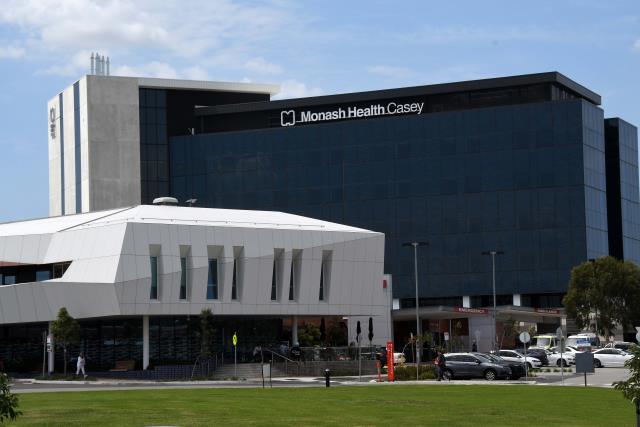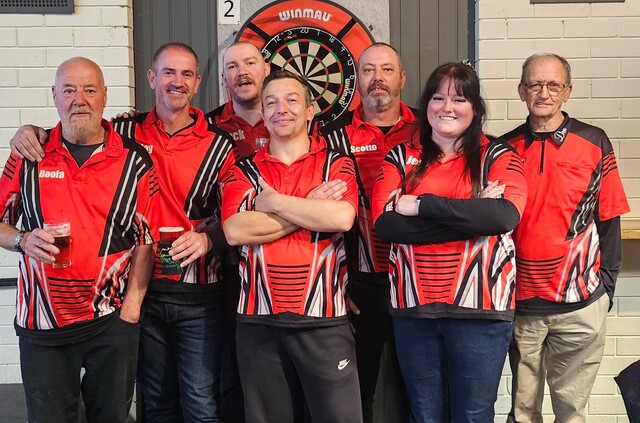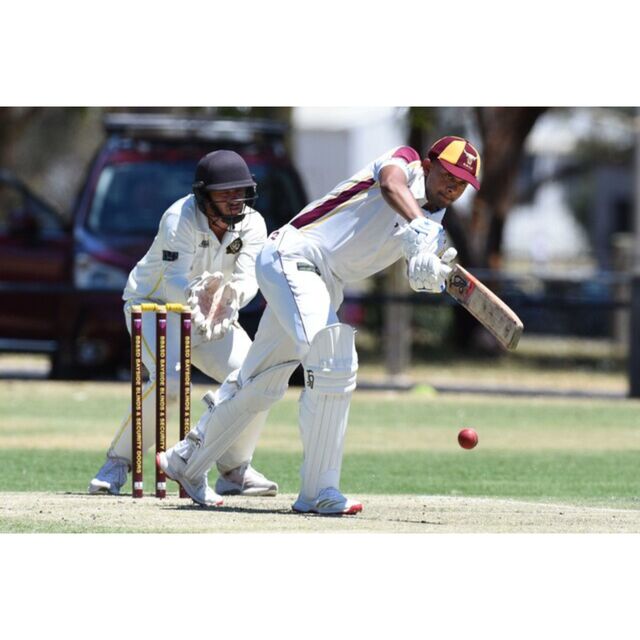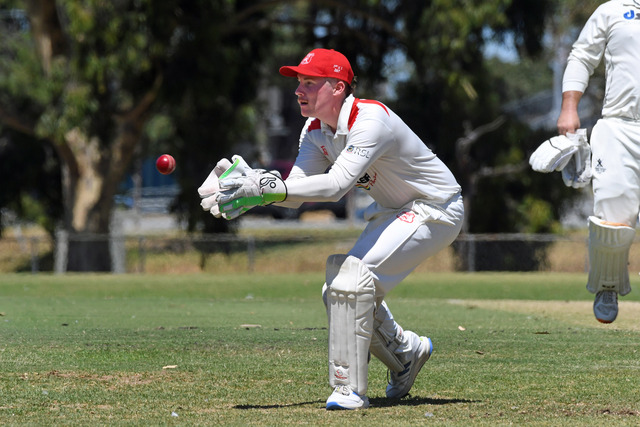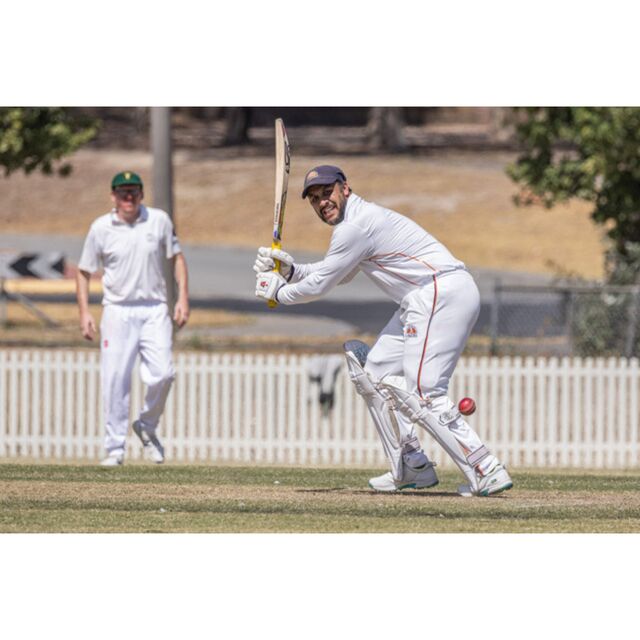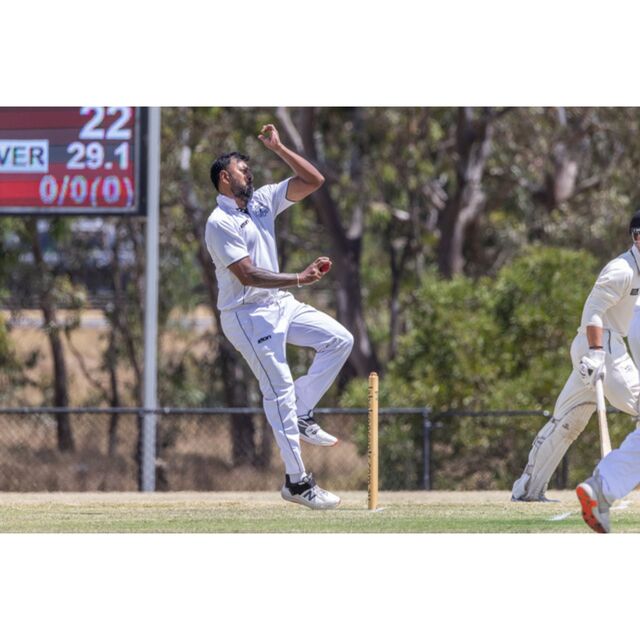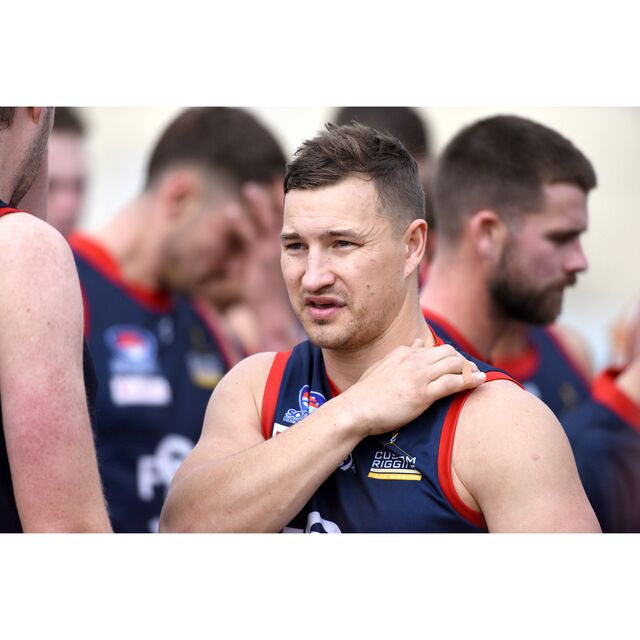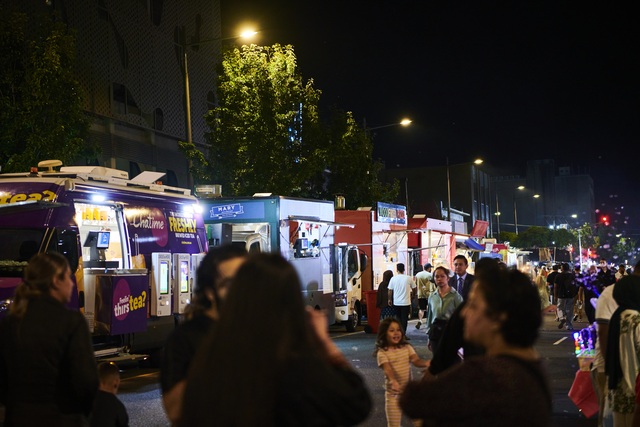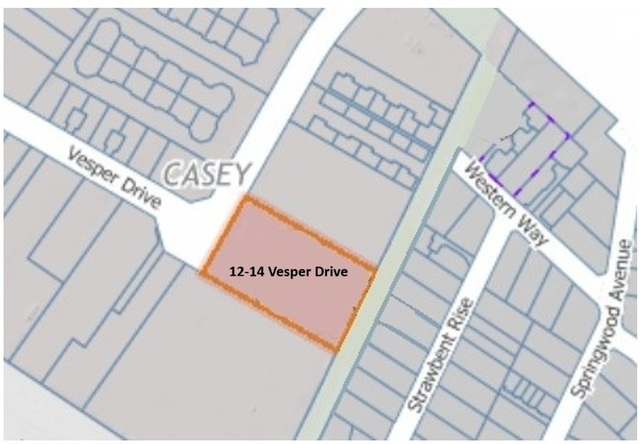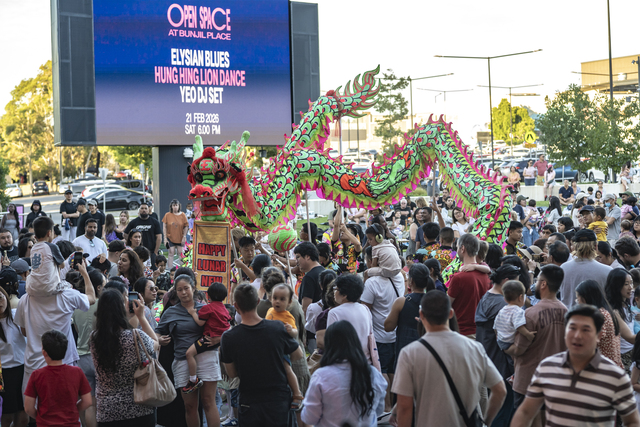Monash Health has reported positive inclines leading to the release of the health services performance data in the third quarter; however, Liberal southern-metropolitan MP Georgie Crozier said more work remains to be done.
Much like the overall data, Monash Health’s emergency departments performed strongly despite an overall increase in patient presentations compared to the same time in 2024.
However, at Casey Hospital, while Category 1 planned surgeries remain at a 100 per cent compliance, Category 2 surgeries, which are deemed semi-urgent, sat at only 52 per cent, down from the previous quarter’s 66.61 per cent, and down from the same period last year at 54.66 per cent.
Further data from the Victorian Agency for Health Information on the hospital detailed that surgery timelines are slipping at 77.49 per cent of patients treated at the recommended time, down from the previous quarter’s 85.46 per cent.
By the same token, while Category 1 waitlists are only up slightly at 140, Category 2 saw the highest figure yet at 1348.
On the positive trend and for the consecutive quarter, all four of Monash Health EDs formed the top four in Victoria for shortest wait times, with Victoria Heart Hospital having the shortest wait time in the state at 16 minutes.
This was closely followed by Dandenong Hospital at 18 minutes, and Monash Medical Centre and Casey Hospital in equal third place at 29 minutes.
A Monash Health spokesperson said that they are “committed to supporting the community with compassionate, timely and accessible care”.
“It’s wonderful to see how the amazing efforts of our patient-caring teams and the strategy and planning we undertake are making a difference in addressing increased and unprecedented demand for quicker care.”
In spite of the overall growth, however, the shadow minister for health, Crozier MP said that “these latest figures are nothing to celebrate when there are over 60,000 Victorians languishing in pain with their lives on hold”.
“While they wait for surgery, ambulance wait times continue to blow out in too many areas of Victoria.”
Looking at ambulance response throughout the City of Casey, the LGA saw 25.47 minutes in response time for the 90th percentile of high-priority, time-critical incidents, slightly down from the previous quarter’s 25.64 minutes and slightly up from the same period last year at 24.50 minutes.
As for the median response time to critical incidents, Casey sat at 12.88 minutes, lower than last quarter’s 13.18 minutes, and consistent with the same period last year with the figure of 12.72.
In the MPs release, it was detailed that only 65.6 per cent of state-wide Code 1 responses are arriving within 15 minutes, accurate with Ambulance Victoria’s data, which the MP stated was well below the target of 85 per cent.
In the same release, it was detailed that according to the VAHI, category two surgeries now have a median wait of 62 days, up from 54 days, which means that more than 7150 patients missed treatment within the recommended timeframe.
Likewise, it was also stated that category three surgeries have a 119-day median wait, up from 102 days.
Speaking on the sitting Labor state government, Crozier said that “Labor cannot manage money, cannot manage health, and it’s Victorians who are paying the price”.
Data from VAHI also shows that the median wait time in the state’s emergency departments has dropped to 14 minutes, which is the lowest on record.
According to Monash Health, there was an increased demand in patient presentations from the same time last year, with the Monash Medical Centre’s Emergency Department (ED) remaining the third busiest in Victoria, with 25,643 patient presentations in the quarter.
Casey ED is the sixth busiest, with 20,175 patients, followed by Dandenong ED in tenth with 17,362.
With respect to patients who are treated within the recommended time at Monash Health’s EDs, all of them performed strongly at above 80 per cent, with the state-wide average being 73 per cent.
By ranking, Dandenong ED led the way in first place with 94 per cent, VHH Cardiac Emergency at fourth with 90 per cent, MMC ED at eighth with 85 per cent and Casey ED at tenth with 84 per cent.
Planned surgery statistics also remained consistent, with Monash Health undertaking 7384 (14.3 per cent) of the state’s 51,644 planned surgeries.
Likewise, planned surgeries category one to three, 90 per cent of Monash Health patients received surgery within 200 days.
“Thank you to the community for your patience and understanding in our emergency departments, as we treat those with life-threatening conditions and the most ill first,” the Monash Health spokesperson said.
“For those needing urgent care, that is not life-threatening, there are many options available, including Urgent Care Centres, Nurse-On-Call, and the Virtual ED; we encourage people to visit www.urgentcare.vic.gov.au”

